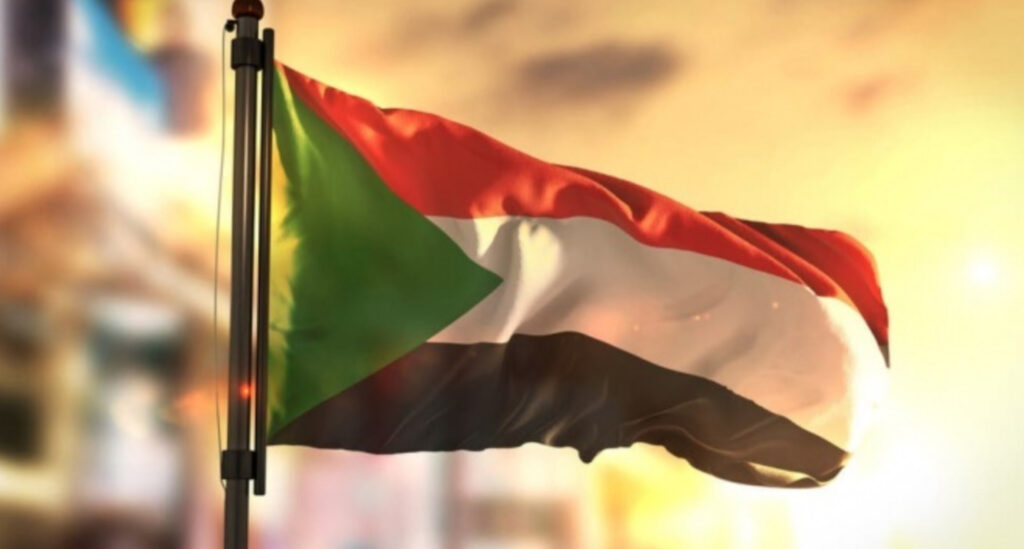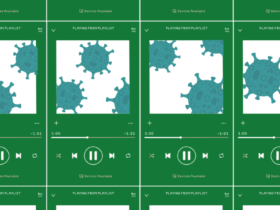LOS ANGELES — Although shaky, Sudan’s democratic transition seemed to be working. However, two years into the process, the country once again faces grave democratic instability.
In late October 2021, U.S. Envoy to the Horn of Africa Jeffrey Feltman met with the two power-sharing leaders of Sudan’s transitional government. Lt. Gen. Abdel Fattah al-Burhan, the country’s army chief, expressed frustration over the leadership of Abdalla Hamdok, its civilian prime minister, and his cabinet. General al-Burhan argued that Hamdok should be deposed and replaced with a technocratic government.
When Feltman got off a plane in Qatar the next day, he realized al-Burhan had meant these words literally.
Hours after their meeting, the Lt. General detained Hamdok, arrested top civilian leaders in the Sudanese government and fired ambassadors that resisted the emerging coup d’etat. Hamdok was placed under house arrest, and General al-Burhan declared a state of emergency to keep things nebulous for both Sudanese citizens and the international community. The Sovereignty Council — Sudan’s collective head of state made up of five military and five civilian leaders — was also dissolved.
Word spread that the military had ousted the civilian government, and the country’s citizens reacted quickly.
Protesters immediately took to the streets, but they were met with fierce opposition. Members of civilian groups like the Sudanese Professionals Association and Freedom of Forces and Change reported ten casualties and over 140 injured over two days.
A coup was underway, and the international community — especially U.S. foreign policy officials — were shocked.
“The acts of the military today represent an unacceptable betrayal of the Sudanese people and their journey to democracy,” said UK Foreign Office minister Vicky Ford. Other western diplomats expressed similar concern.
“We continue to recognize the Prime Minister and his cabinet as the constitutional leaders of the transitional government,” said the European Union delegation to Sudan in a joint statement with the embassies of France, Germany, Italy, the Netherlands, Norway, Spain, Sweden, Switzerland, the United Kingdom and the U.S.
Two Years of Budding Democracy
This upheaval of Sudanse democracy is especially disappointing to civilian leaders, researchers and the international community, who helped build a democratic Sudan following the ousting of dictator Omar al-Bashir two years prior.
“We are back to square one,” said Dr. Jihad Mashamoun, a Sudanese researcher and analyst.
A deterioration of the country’s economy coupled with a general lack of faith in al-Bashir resulted in widespread protests and calls for his deposition. In April 2019, with the support of civilian groups, the military removed al-Bashir from office and dissolved his cabinet. In addition, they announced a three-month state of emergency and a subsequent two-year transitional government until a concrete democratic government could be agreed upon.
At the creation of these agreements, civilian leaders remained skeptical of the military as heralds of democracy. They saw the military takeover as a blatant power-grab and therefore the civilian leaders continued to remain well-organized even as their stability was threatened. This has proven beneficial since they were able to mobilize immediately after the coup was underway. Even after the Internet blackout, organizers distributed paper flyers to inform the public about mass demonstrations.
One Month After the Coup
In the month following, conditions in Sudan fluctuated in both directions. In November, the military announced a new ruling council that would exclude the civilian leaders that they have been sharing power with since 2019. When protesters took to the streets, they were met with even harsher resistance. The military used tear gas quickly and liberally against protestors, and within hours they were shooting live rounds into crowds. This practice continued for over a month.
On Nov. 17, Sudanese military forces killed 14 protesters on their bloodiest day yet, in addition to injuring hundreds more. The Central Committee of Sudanese Doctors voiced alarm at the inundation that hospitals experienced, saying that protesters were arriving with wounds from all types of violence, including live bullets. They also reported that military personnel were storming hospitals, beating medical staff and arresting injured protesters.
Despite international pressure on General al-Burhan to restore civilian leadership, he remained undeterred in his quest for power.
“They lied to him. This is very serious, because when you lie to the U.S., you have to pay the consequences,” said Nureldin Satti, Sudan’s ambassador to the United States.
And consequences were paid.
The United States and the World Bank have all suspended billions of dollars in economic relief to Sudan; this aid was critical for pulling the country out of economic isolation, several years of inflation and rising debt. Moreover, the African Union has suspended Sudan from all activities, and the UN has pledged to hold peace talks.
“If the military puts this train back on its tracks and does what’s necessary, I think the support that has been very strong from the international community can resume,” said U.S. Secretary of State Anthony Blinken to Sudanese military officials.
At first, these efforts did not appear to be influential to General al-Burhan, as he and his close team of military officers denied ever staging a coup. Instead, he defended the military’s actions, arguing that this is merely a correction to the transition to democracy and that protesters are inciting violence and attacking officers meant to reinforce peace.
This perspective does not resemble the testimony from civilian leaders. With stronger democratic institutions, military leaders may have feared facing national or international war crime charges for actions during the Bashir era. Sudan’s transition to democracy also threatened Burhan’s potential to control the country’s lucrative gold trade. To avoid legal repercussions for human rights abuses and expand their economic fortune, Burhan and his close advisors likely sought to prevent a successful transition.
On Nov. 12, dynamics changed. The freeze of international aid made the military takeover more complex, and Hamdok’s image as a hero strengthened the resistance movement on the streets. Sudanese citizens — fatigued from decades of military leadership and grappling with a death toll of 41 — remained steadfast in their willingness to die for change. They were heard loud and clear, as observers say that military officers within Burhan’s ranks threatened to oust him if he failed to negotiate a power-sharing agreement with civilians. After four months of detention, Hamdok returned to power under a shared agreement with Burhan. In an effort to “put an end to the bloodshed,” as Hamdok put it, both men signed a 14-point agreement to share power and develop their own governments.
Sudan Today
This deal sealed Hamdok’s fate, however, and at the start of the new year, Sudan took a turn for the worse.
Citing an inability to successfully mediate an agreement, Hamdok resigned as prime minister on Jan. 2. He faced pressure from Sudanese citizens since protestors rejected the 14-point deal made with General al-Burhan one month earlier, who instead saw it as a concession to the military. Protesters now brace for the worst, as the death toll is climbing toward 60 and the military is expected to renege on promises to hold elections. Sudan lacks the political institutions and independent structures needed to appoint a new prime minister, putting the country in dire circumstances.
“Our country is going through a dangerous turning point that may threaten its entire survival if it is not remedied soon,” Hamdok said in his resignation speech.
The fate of Sudan now lies in a tug-of-war between the country’s most powerful military leaders and the unflinching resistance of the public.






